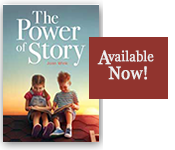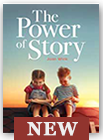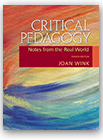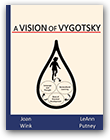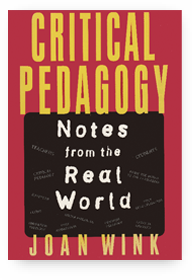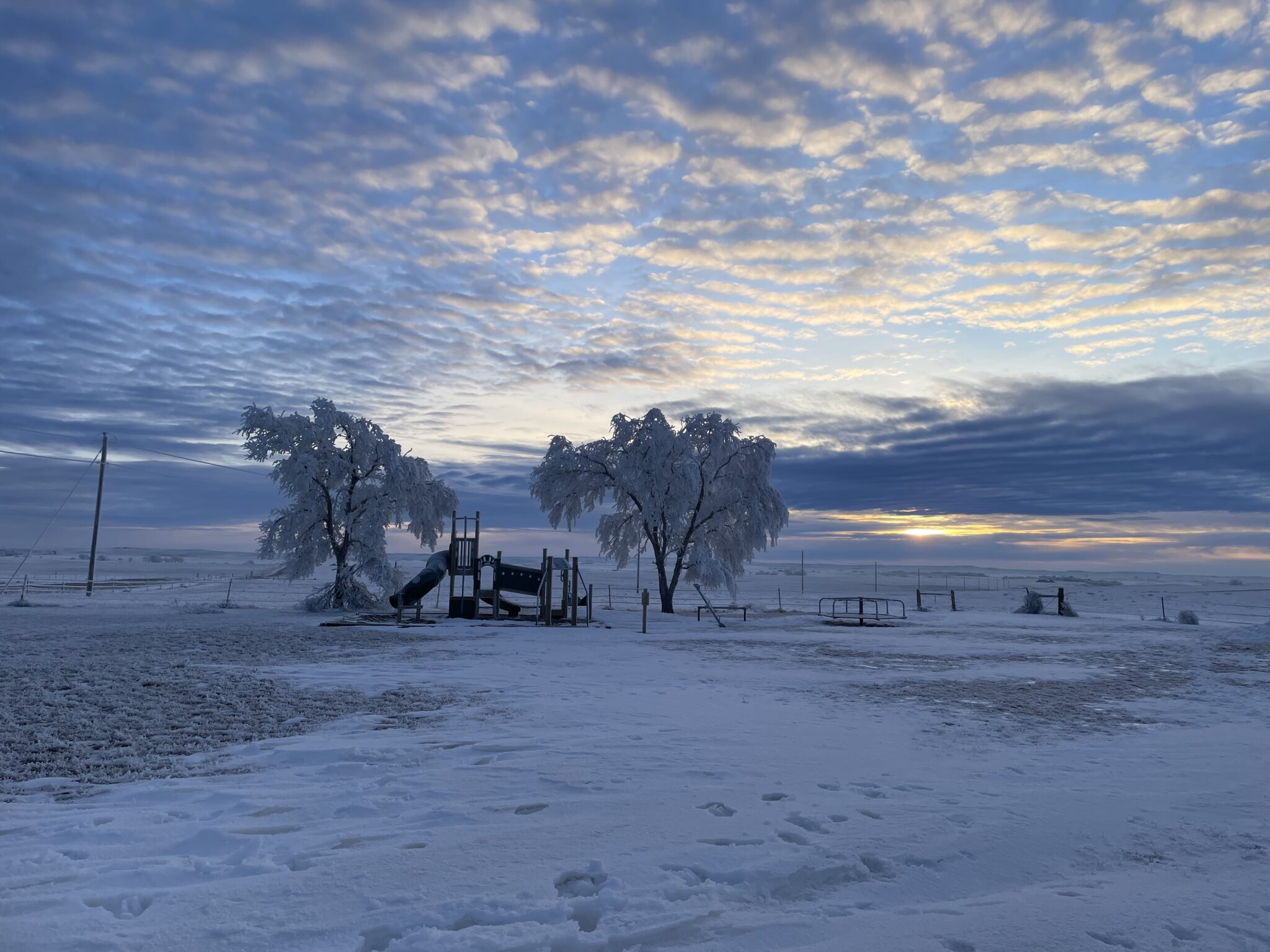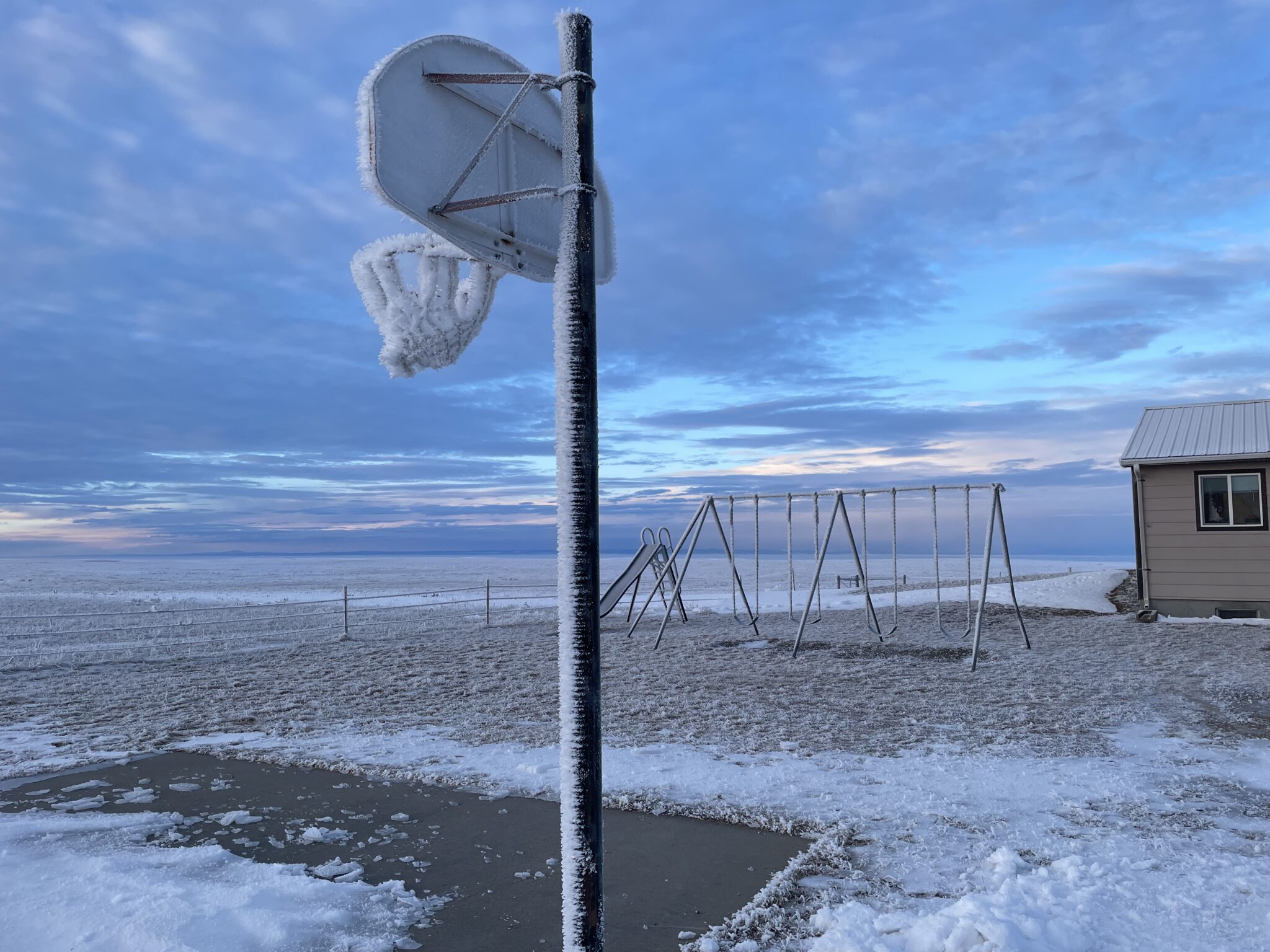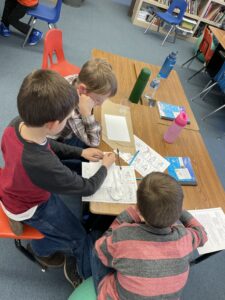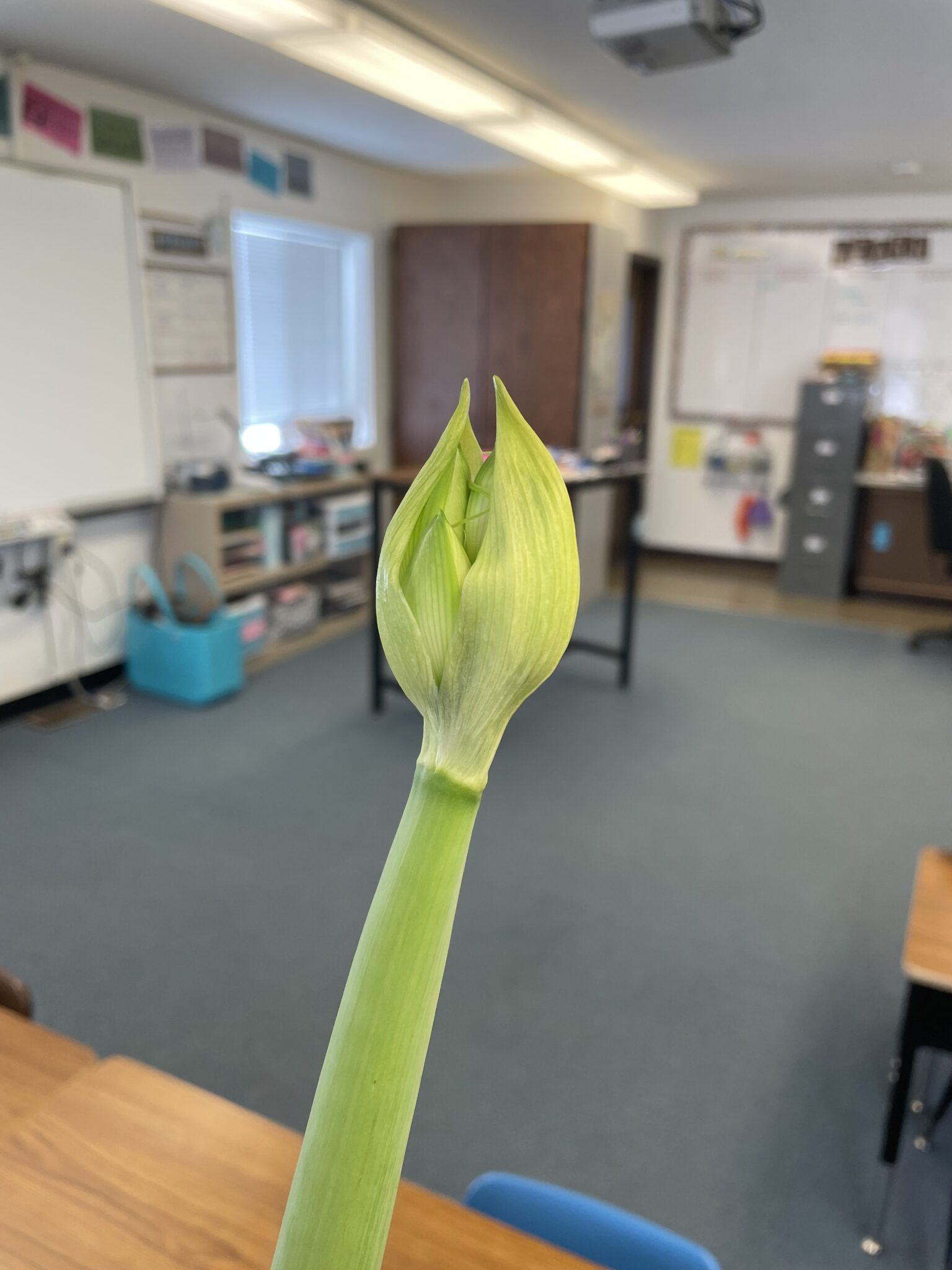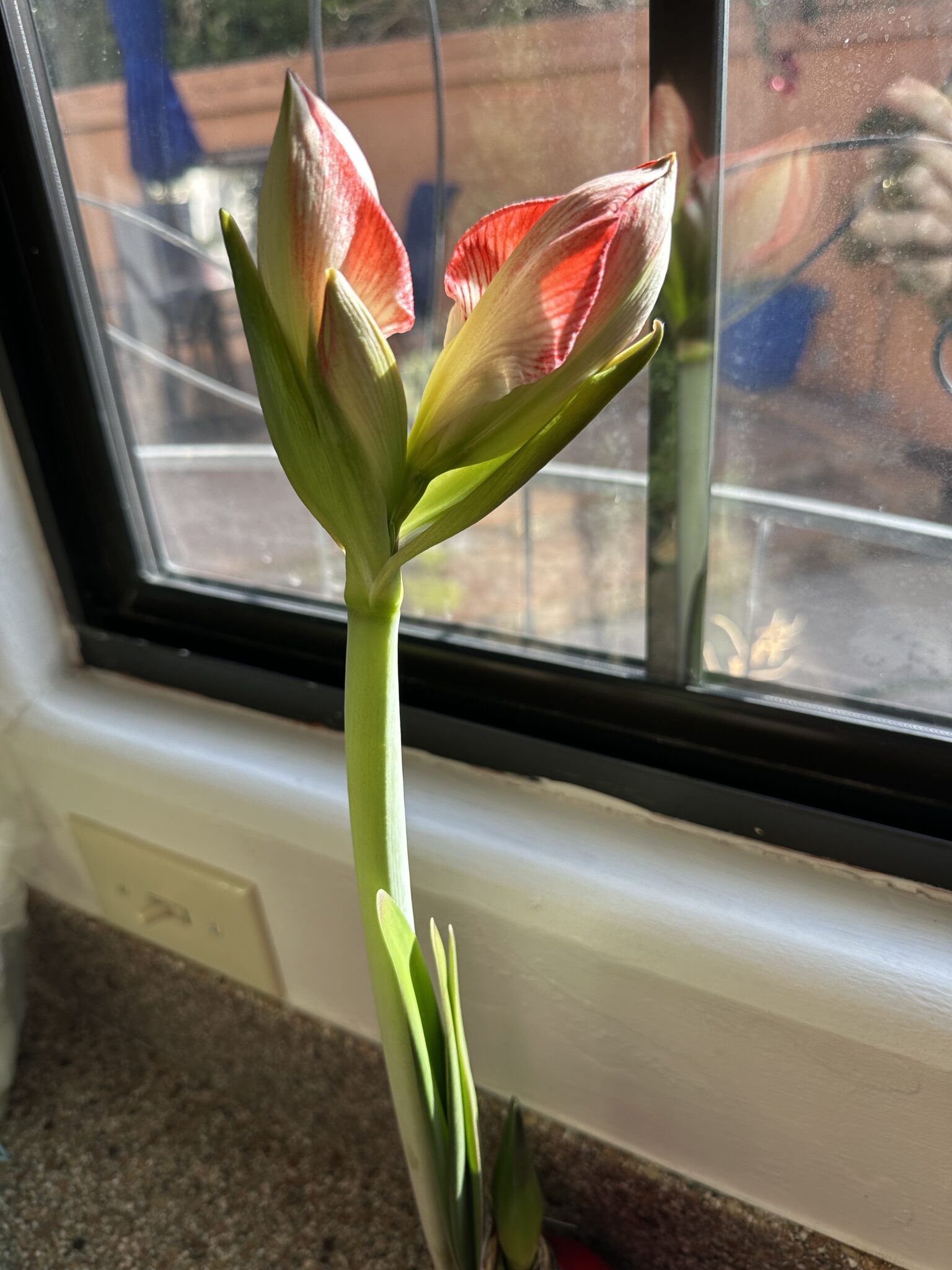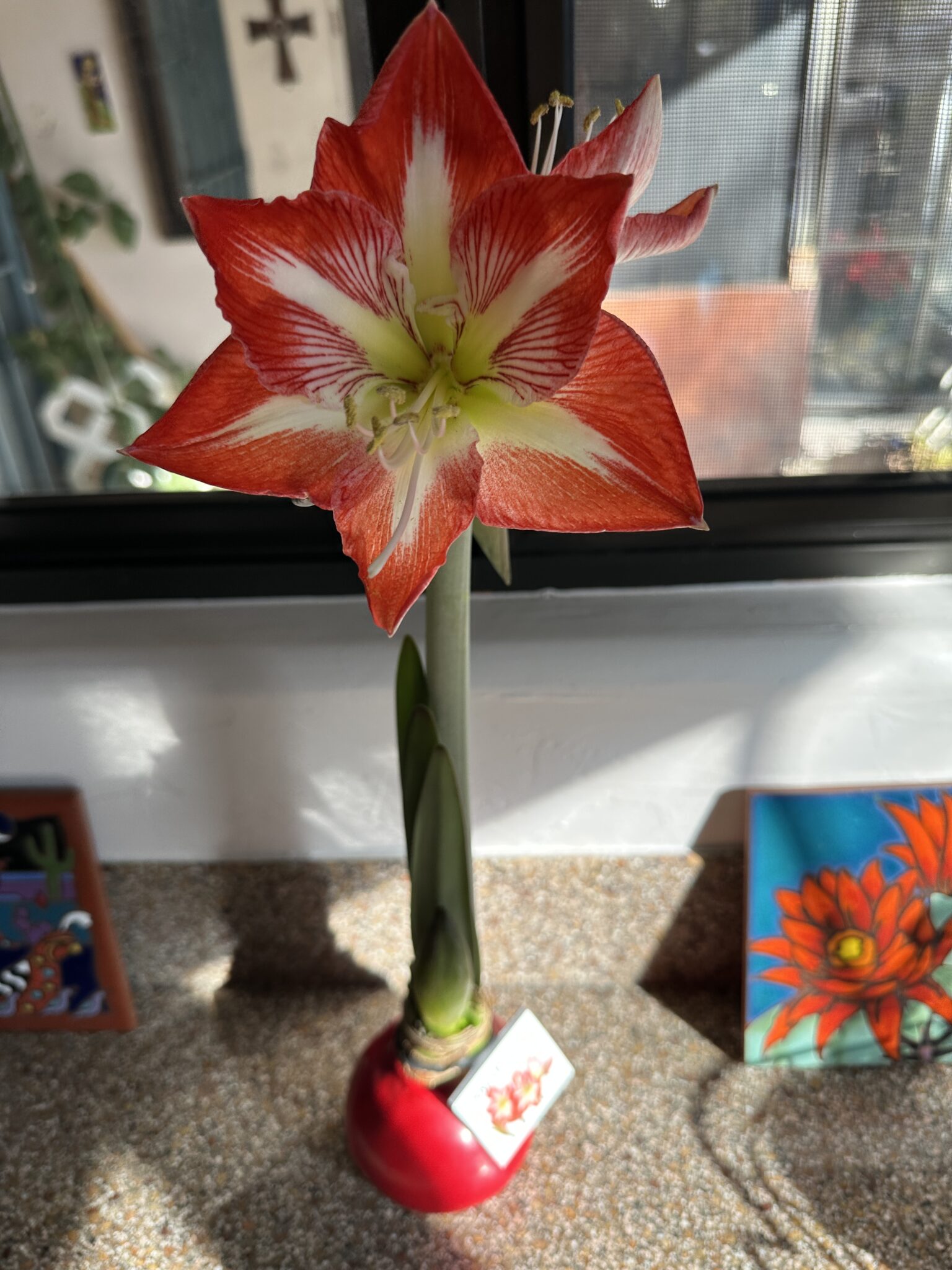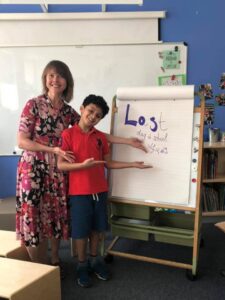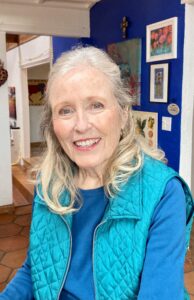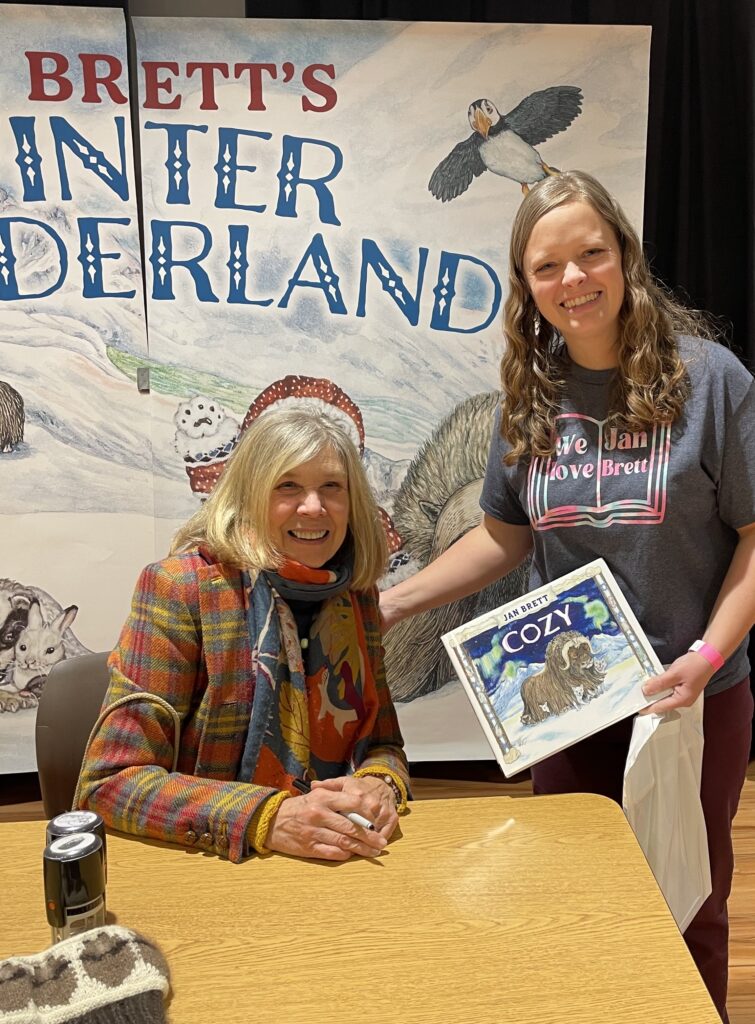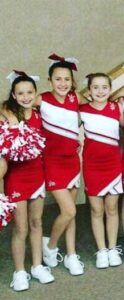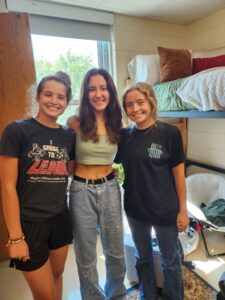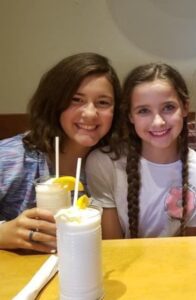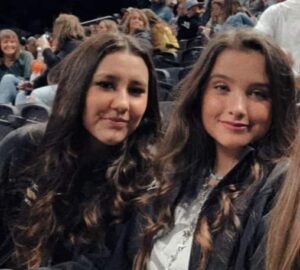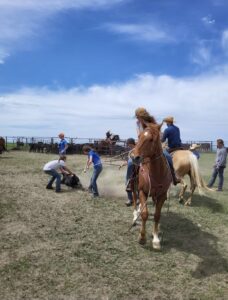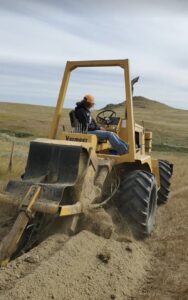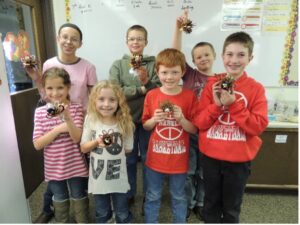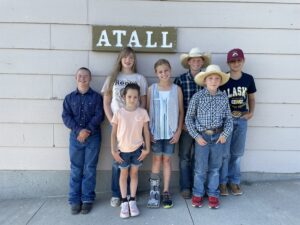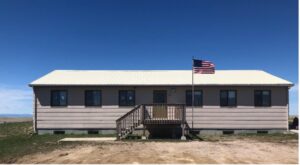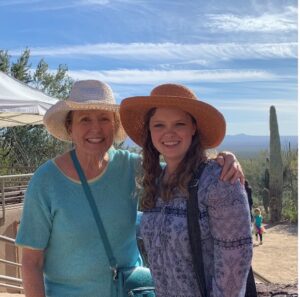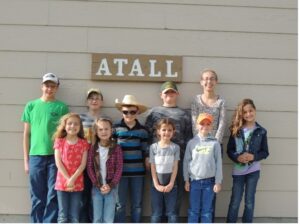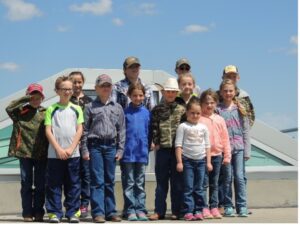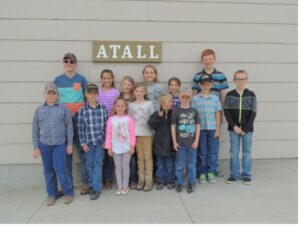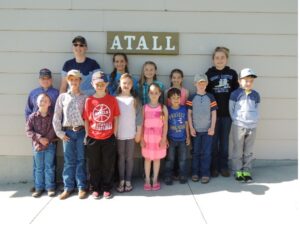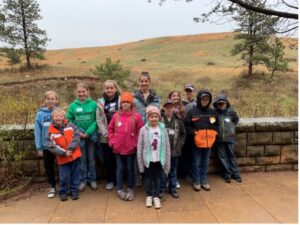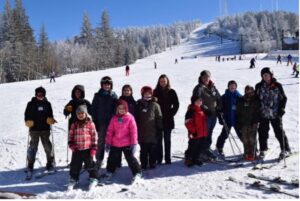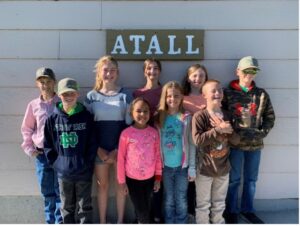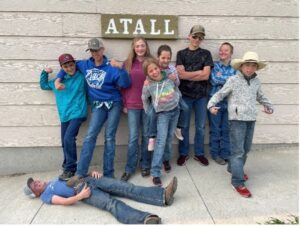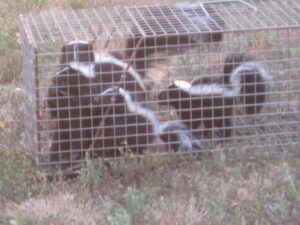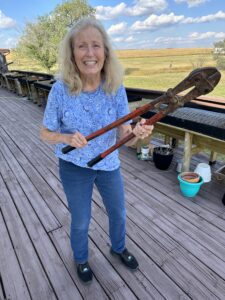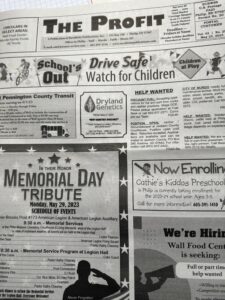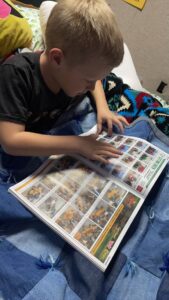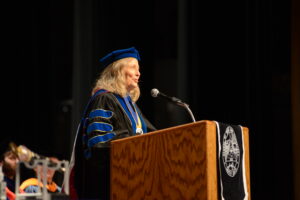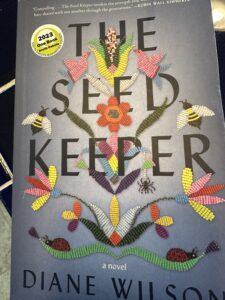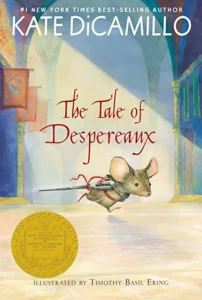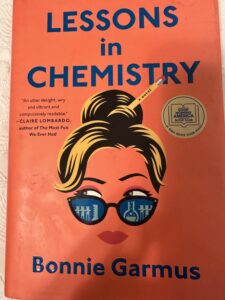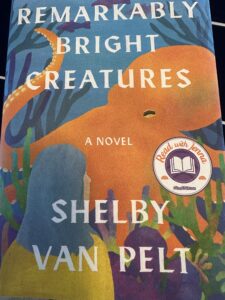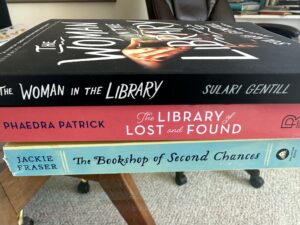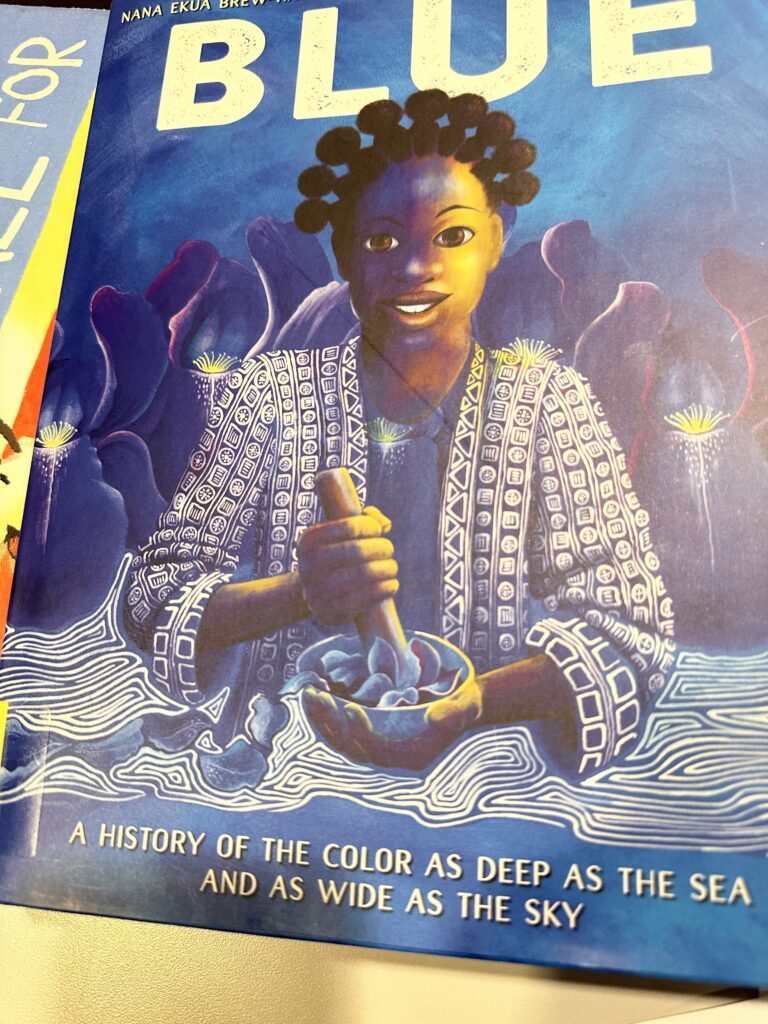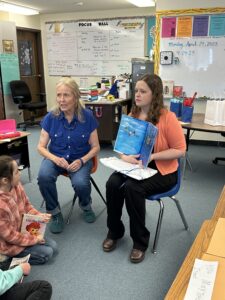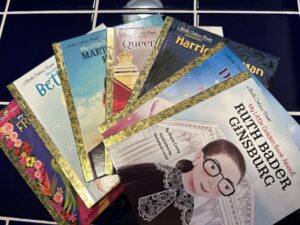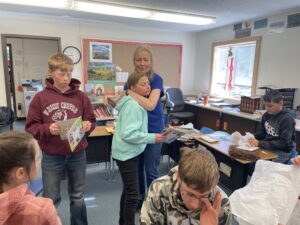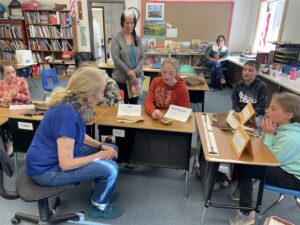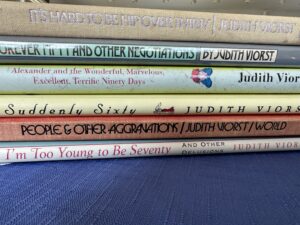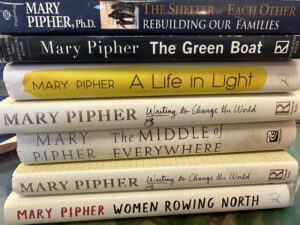Dear WinkWorld Readers,
Readers of WinkWorld know that I have been writing about prairie pedagogy because it fascinates me to see the powerful teaching and learning (a.k.a., pedagogy) that is going on in these tiny, tiny schools on the prairies. In addition, I want to help maintain the history of these schools. Missy, the teacher, is my second cousin, and I find her exceptional as a teacher. She pays no attention to me when I’m in the classroom which I love.
I am crazy in love with the students of this school.
However, let me be honest: The reason I am particularly motivated to finish this document is because I feared that the enrollment (seven students) was just too small, and the district might have to close the school. However, at the beginning of January 2024 we had a population explosion with five new students being enrolled.
Dare I hope? Perhaps what I feared will not happen; perhaps, the end is just a new beginning?
In this issue of WinkWorld, I will share several news items which interest me. First, I will share two short stories of the first week of school when five new students joined the previous seven students. Next, I will share about an international teacher literacy book club. In addition, I plan to update my photo on my web page. Finally, I will share a bit of health news.
Two Short Stories about the First Week of School in January 2024
It has been cold and frosty on the kids’ playground.
During the first week of class the reading lesson was on inferences. Suddenly, one of the new students had an a-ha moment. In their family’s chicken coop, he found some broken eggs, and he inferred that they had a skunk in the area.
Two of the new students and one of the previous students were studying the American Revolution by making invisible ink quotes like the spies used during the American Revolution.
The students and I each have an amaryllis plant. We share pictures every day or two as our flowers begin to open. Missy said that when the students entered the classroom on January 3rd after a long two eek break, there were audible gasps as they saw what the amaryllis had done in their absence.
A Story about an International Teacher Literacy Book Club in Montenegro
Out of the blue I received a message from Marina Avvakumova, one of my treasured Masters’ students from years ago in Mallorca, Spain. She had a very specific question: What should be the first book which they use in an international literacy teachers book club? I have considered this question in other occasions, and I knew immediately what my answer would be.
The Power of Reading
by Stephen Krashen
I believe it relates equally well to first language acquisition and also to second, third, etc. language acquisition. Experienced and novice teachers will find it meaningful and compelling. Teachers in this group represent the following countries: US, UK, Turkey, Russia, and South Africa.
Here are a few links about this Krashen book
Deb Harrison, a teacher in WY, wrote this article telling about her experience with The Power of Reading when she was a grad student in one of my classes.
The post below is a fun Powtoons created by Deb, also.
Marina now lives and teaches in Montenegro. Where in the world is Montenegro?
Meet dear Marina
Time Marches On: A New Photo
Turns out, I no longer look exactly the way I did about 10 years ago when that previous photo was taken.
A word about health
This is the first WinkWorld I have done totally on a dictation program. The reason for this is that I have been diagnosed with essential tremors in my hands. I always sort of knew I was going to get this as it is hereditary, and I have watched several in my family who had it. It has taken my script away from me and much of my ability on the computer keyboard. This is a real bummer, but the good news is that there are no negative cognitive consequences that come with essential tremors.
Thank you to Missy Urbaniak, Marina Avvakumova, Stephen Fleming, Deb Harrison, and Dawn Wink.
